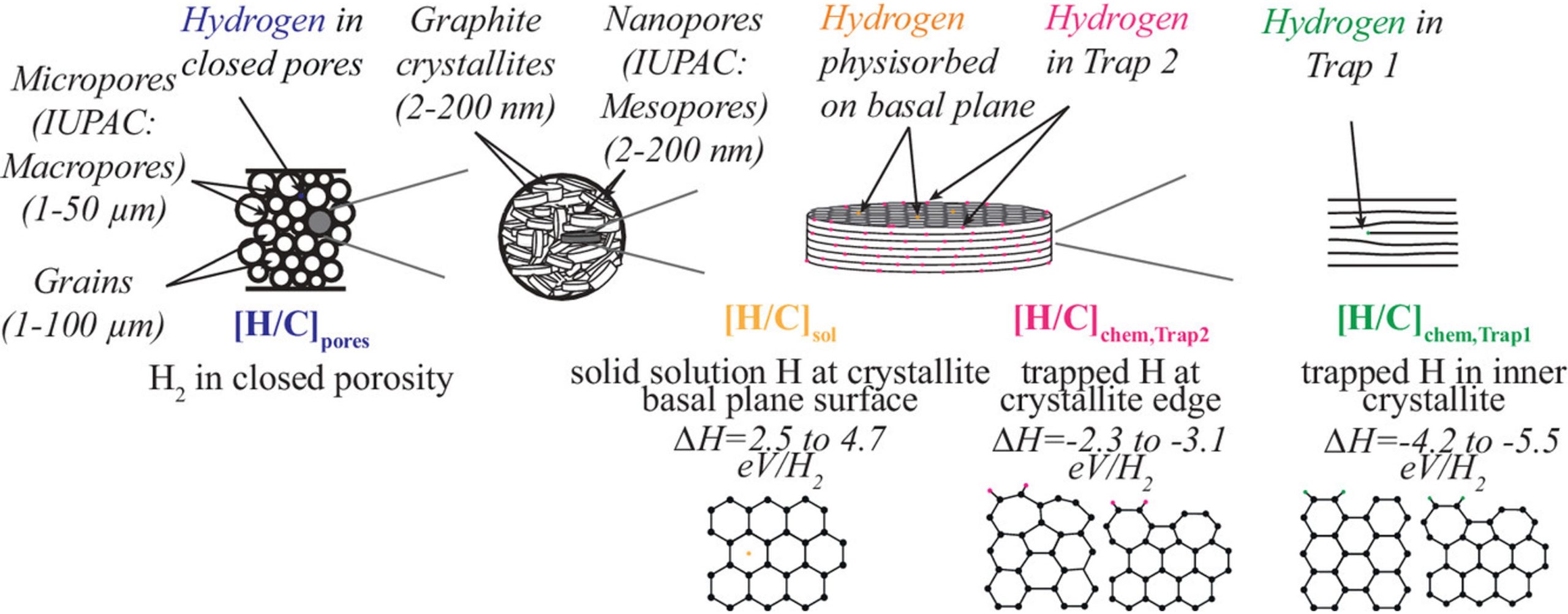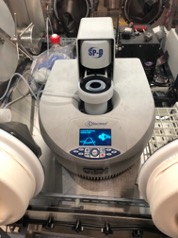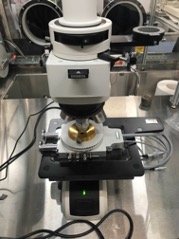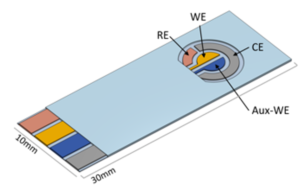Molten Salt Reactor Test Bed with Neutron Irradiation
PI:
- Prof. Charles Forsberg, Massachusetts Institute of Technology (MIT)
Collaborators:
- Prof. Raluca Scarlat, University of California, Berkeley (UCB)
- Dr. David Carpenter (MIT)
- Prof. Ayman Hawari, North Carolina State University (NCSU)
- Dr. Kevin Robb, Oak Ridge National Laboratory (ORNL)
This Integrated Research Project (IRP) stems from a collaboration among UC Berkeley (the SALT group), MIT, NCSU and ORNL.
This IRP will build a general purpose loop at the MIT research reactor where salt flowing through the loop is irradiated by neutrons from the reactor. The neutrons interact with the salt to create various radionuclides in the salt including tritium, helium and noble metal fission products—depending upon the salt being irradiated. The loop creates conditions similar to those in the primary coolant circuit of salt-cooled reactors, to allow experimenters to (1) understand salt behavior in a reactor, (2) test redox control and other chemistry control systems designed to minimize corrosion, (3) test salt cleanup systems, (4) test instrumentation systems and other equipment for salt reactors, and (5) collect data to validate models of radionuclide transport in salt systems.
In the scope of the project, the SALT research group will develop systems to measure and control salt chemistry and tritium transport in the loop.

Tritium uptake mechanisms and sites in graphite, from (Vergari and Scarlat, 2021)
SALT Group Researchers
L. Vergari, Michael Borrello, Sasha Kennedy
Capabilities
 CEM Microwave digester in the glovebox train. |
 High temperature stage for electrochemistry and spectroscopy, mounted on polarized light microscope |
 Thin film sensor for high-throughput electrochemical experimentation |
Publications
Vergari, L., & Scarlat, R. O. Kinetics and Transport of Hydrogen in Graphite at High Temperature and the Effects of Oxidation, Irradiation and Isotopics. Journal of Nuclear Materials, 153142. (2021)
Vergari, L., & Scarlat, R. O. The impact of neutron irradiation, graphite oxidation and fluorination on tritium uptake into and desorption from graphite in molten salt environments. Fusion Engineering and Design, 168, 112627. (2021)
Vergari, L., & Scarlat, R. O. Thermodynamics of hydrogen in graphite at high temperature and the effects of oxidation, irradiation and isotopics. Journal of Nuclear Materials, 152797. (2021)
Talks and Presentations
L. Vergari, R.O Scarlat. Thermodynamics, transport and kinetics of hydrogen in graphite in high temperature nuclear reactors. INGSM-21. NC State University. September 27-30, 2021
L. Vergari, R.O. Scarlat. High-temperature interactions between hydrogen isotopes and graphite and their relevance to tritium management in high-temperature nuclear reactors. 3rd Asia Pacific Symposium on Tritium Science (APSOT-3). University of Toyama, JP. November 3-6, 2020